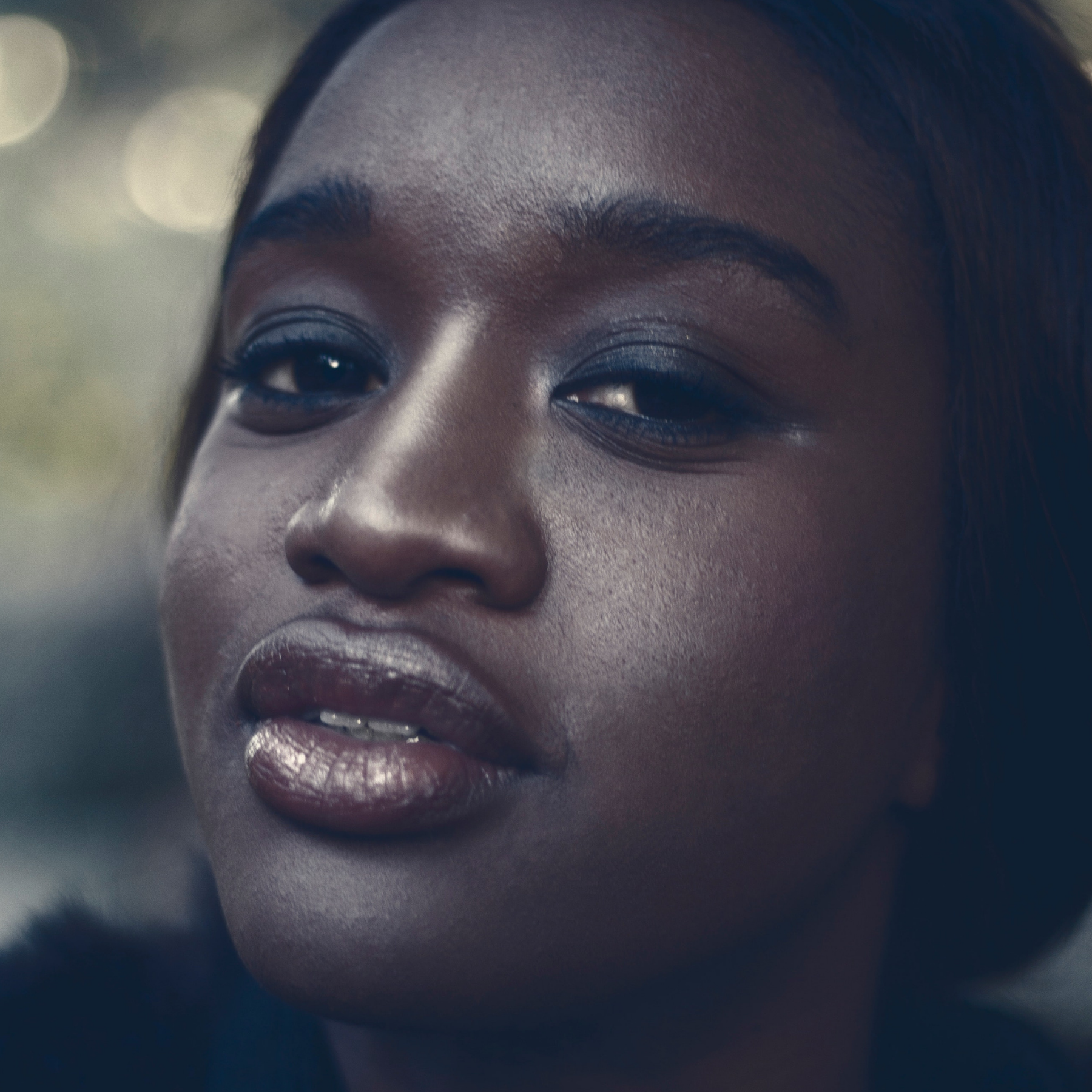Unlearning anti-Blackness
It is Wednesday, May 14th, 1997, my biological mother is in the throughs of labour. The nurses they gather around her as she brings life, brings me into the world. Her legs spread open as I am birthed into the universe. ‘You sure this a fu you pickney?’ ‘She so... black’. This is the greeting I received to welcome my first breath. It appears that from the moment I was born, my complexion would pose a problem for me. These anti-black attitudes were already placed on my appearance before I had the mind to process what any of them meant.
I was raised in a home where I was taught to love myself and for that I am grateful. However, there were moments even after my birth where I had to navigate the fact that Blackness was looked down on by Black people. There were moments when I looked at people around me and saw the ugly truth that is anti-Blackness staring me right in the face.
I remember once I sat down and watched a documentary on YouTube titled “Skin Bleaching in Jamaica” where I saw people mix a variety of chemicals to lighten their skin. I felt so far removed from it, like it was such a distant reality, something that wouldn’t happen around me. Not too long after that, I learnt that my own elder sister who was always brown, much lighter than me, had been bleaching her skin. To me she had always just been brown, but apparently, she was not brown enough. I sat down with myself for while after that and wondered why would she even bother to do that? What made her want to find “the perfect brown”? ... Why was being brown and not dark so important to her? I brought up that same documentary to my adoptive parent and they said to me that their own mother, my aunt, would rub a little ‘Nadinola Cream’ to help her complexion.
It was then that I realized that maybe these behaviours that I thought were extreme where a lot more common place than I had given them credit for. From then I opened my eyes and started to really look at what was happening around me. It was then that I started to see.
A friend of mine decided to shave her head and go natural towards the end of high school. I joked and said I couldn’t go natural because combs used to break in my hair and that my hair was hard. Later I thought back on those comments to her and thought, why did I feel that way? As I continued my journey navigating my relationship with my own Blackness, I made the decision to cut my hair and grow it back normally. I realized that maybe the reason I wanted bone straight hair had to do with my unconscious bias against my own self; some deep-rooted self-hate that I hadn’t unpacked or faced head on.
It is Sunday, May 4th, 2014 and I am in my bathroom with blue handle scissors cutting off 6 years' worth of permed hair from my head. My afro is like a mushroom and my face looks like a boy. I had been growing my hair out for a few months and my biological mother had been washing my scalp with red stripe and aloe. I got tired of battling with the two textures, so I cut it off.
I unveil this new look to my biological mother and father and I instantly felt bad. “All yuh good long hair you just cut off, it looks ugly” my mother says to me, she had wanted my hair to be much longer before I cut it. “Wah yuh tun nyabinghi now, yuh want likkle herb fa smoke?” my father laughs not fully understanding how his joke had impacted me. The very next week when I went to see him, he presented me with a chalice, since I was going to smoke herb now.
It was only after my hair started to grow into its own, after my hair started to gain length that the attitude they had changed. It went from “yuh good hair yuh cut off” to “you get your hair from me; you know Guyanese hair does grow long and nice”. Recently an aunt said in conversation that Black hair can only grow long if you’re mixed with something... I didn’t feel comfortable hearing that.
My biological mother ended up going natural herself, my sister too... both with textures much looser than mine. I then got caught up in the texture debate and put baking soda in my hair to loosen my curl pattern. I had to think again as to why a certain type of curl pattern mattered to me. I started realizing that even in my journey to back to myself, anti-Blackness, that thing that hovered over me since the moment I was born had infected me without me noticing. Even with all my high esteem of self and how comfortable I was in my complexion; anti-Blackness did not just stop with my skin.
As I sit here thinking on these experiences to write, I am realizing just how bad they are. I see now that without realizing we have been socialized to accept anti-Blackness as the norm. We can clearly see that racism is wrong and know when to call it out. However, we have only now begun to wake up to the deep-rooted psychological and societal impact that it has in our own communities. We have been groomed to hate ourselves; our bodies remember that trauma and we pass it on to our children and socialize them in the exact same way. It seems Bob Marley was correct when he said we needed to emancipate ourselves from mental slavery.
I am still working on breaking my chains.


